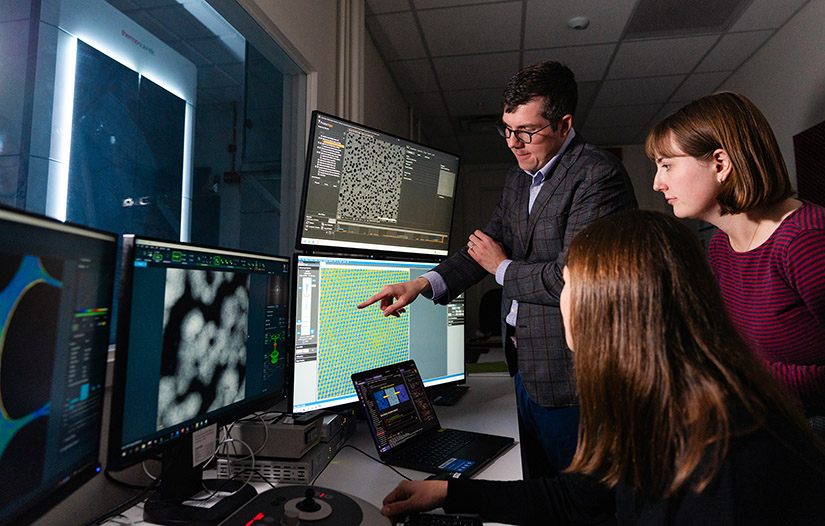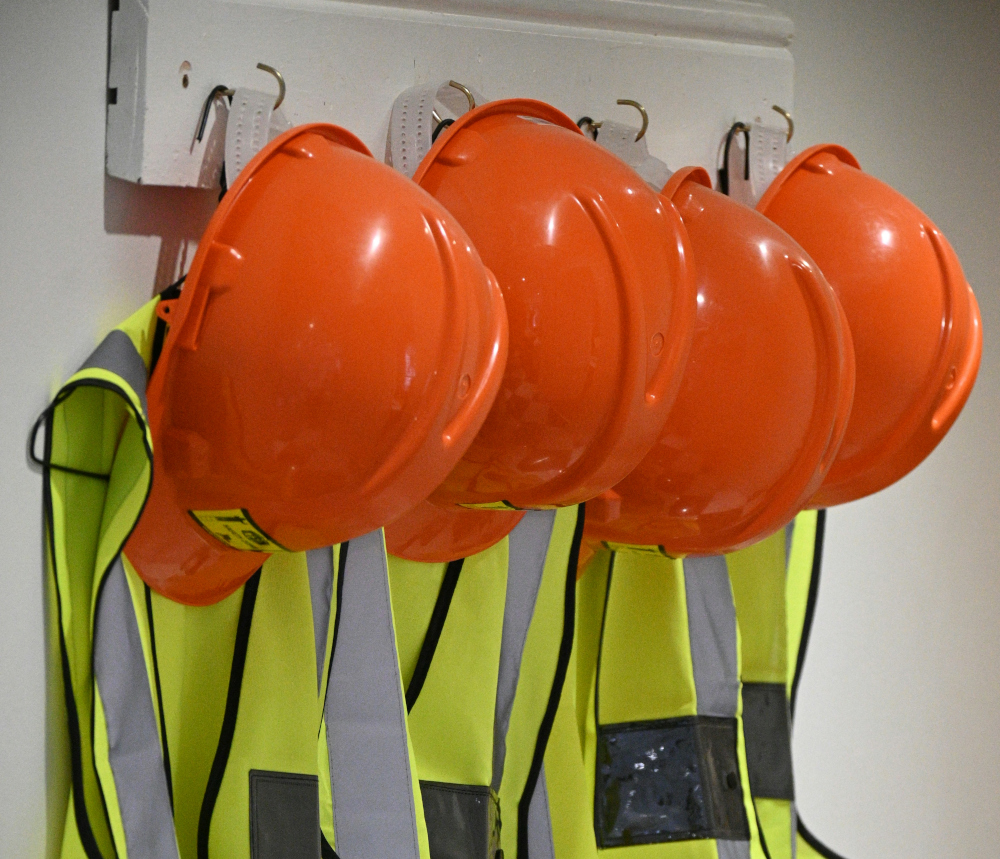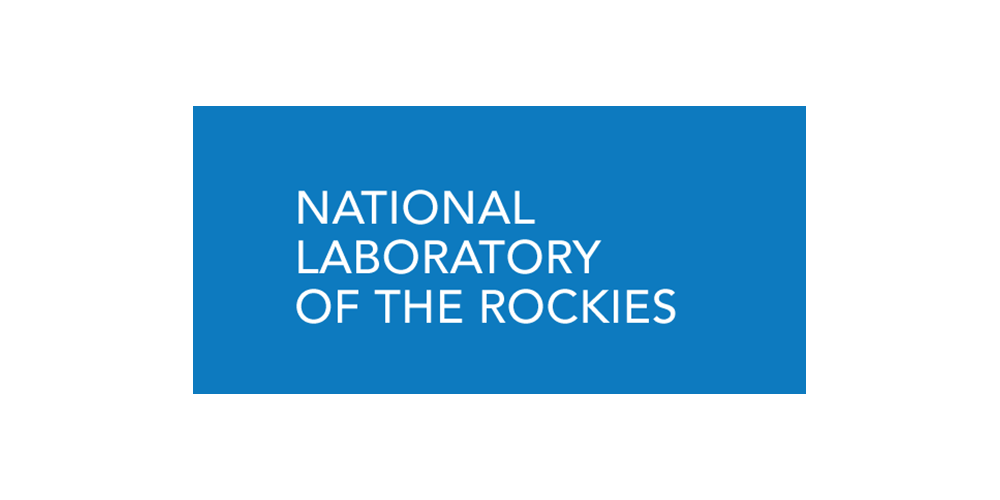
Steven R. Spurgeon, a materials data scientist at the National Renewable Energy Laboratory (NREL) in Golden, has been awarded the Microscopy Society of America’s (MSA’s) Burton Medal. The Burton Medal is the organization’s highest honor for early-career scientists in the field of microscopy and microanalysis, awarded annually to a researcher under the age of 40.
“I’ve been involved with the MSA for 15 years and have been fortunate to work with amazing leaders in the field of microscopy,” Spurgeon said. “To be recognized with this award and join their ranks is a true honor.”
Spurgeon has made significant advancements by integrating machine learning and artificial intelligence (AI) with electron microscopy. His work enhances the efficiency of microscopy techniques and offers insights into materials, such as silicon microprocessors, at the atomic level, driving improvements in energy solutions. “Dr. Spurgeon’s pioneering work at the intersection of AI and microscopy continues to transform materials science,” said Katherine Jungjohann, who manages NREL’s Analytical Microscopy and Imaging Science group. “His visionary leadership and groundbreaking research make him a truly deserving recipient of the Burton Medal.”
Spurgeon’s interest in AI and microscopy began during his graduate studies at Drexel University, where he focused on materials science and engineering. After earning his Ph.D., he worked at Pacific Northwest National Laboratory (PNNL), developing new materials for energy storage and computing. His innovative approach led to the development of the Autonomous Electron Microscope, which processes analyses much faster than traditional methods, earning him an R&D 100 Award in 2024.
Spurgeon joined NREL’s Material Science team in May 2024. He aims to lead research on autonomous materials science and collaborate on developing new energy technologies.
Since his arrival at NREL, Spurgeon has integrated autonomous capabilities into lab workflows and formed industry partnerships. He plans to organize a workshop in May 2025 to discuss practical applications of autonomous research. His ongoing work focuses on using AI to develop advanced semiconductors and catalysts that could lead to significant technological breakthroughs. “AI-driven autonomy in materials science is the key to breaking through current research bottlenecks,” Spurgeon explained.


